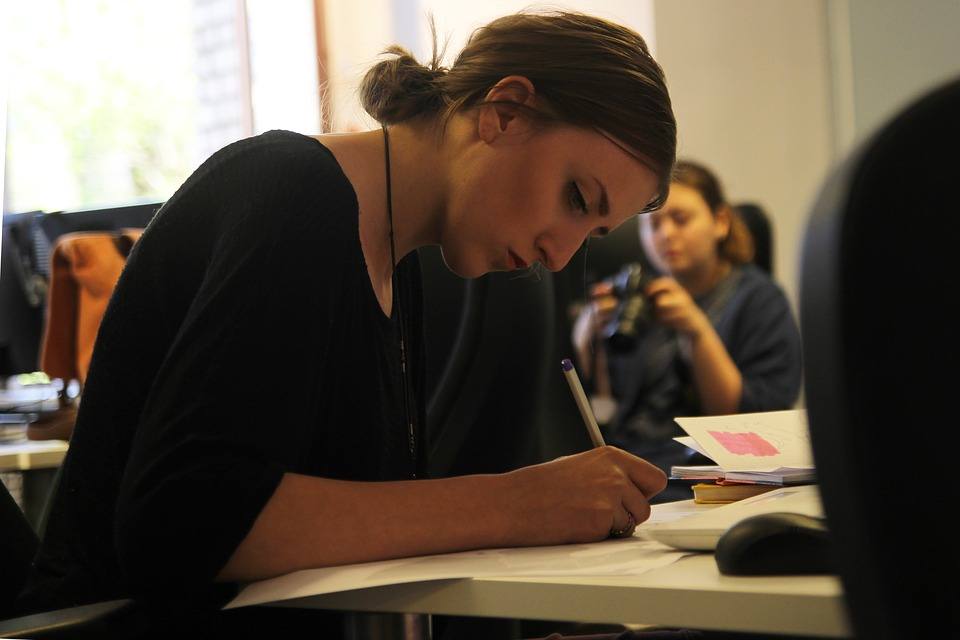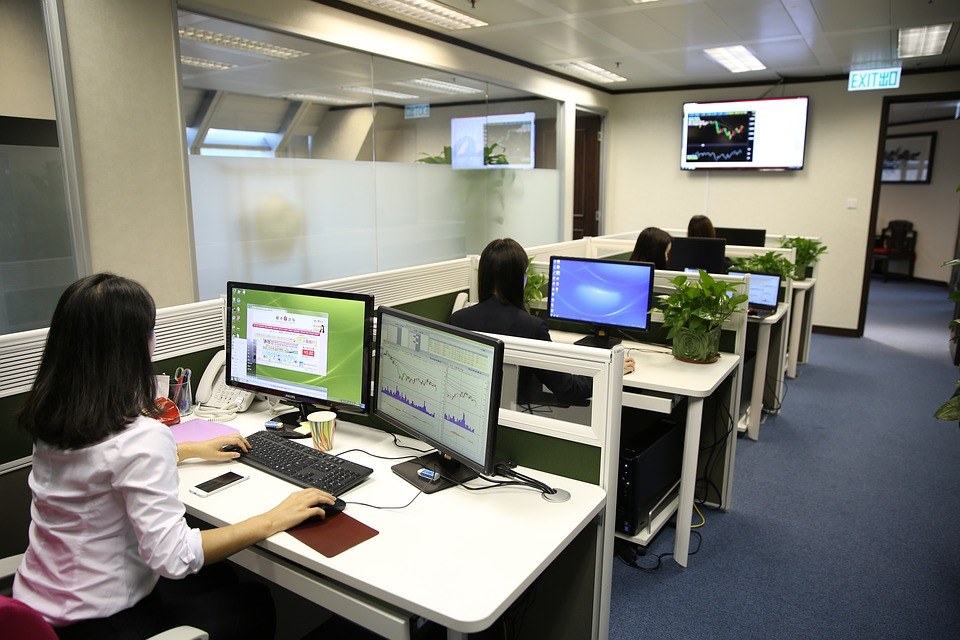Get Ahead of Those Fires with Deep Work Time

How many times have you worked at a breakneck pace all day without actually accomplishing anything?
I’ve certainly been there. In customer success, this work style is all too common.
The real value of a customer success program comes from creating proactive solutions. We should always be thinking forward. What does the customer need? What will help them find value? What will keep them using our SaaS?
In customer success (and any discipline, really), there’s plenty of “shallow work.” There are emails to answer, phone calls to return, paperwork to complete, meetings to attend, etc. A whirlwind of multitasking and a cleared to-do list can be satisfying, but if none of those items added value to your job, what was the point?
You need time away from distractions and shallow work to get ahead of your problems.
It’s time for deep, distraction-free work

Deep work is more than just a productivity strategy. It’s the idea that the best work requires strong prioritization and periods of intense focus. By eliminating distractions, you can focus your brain. By deciding what’s important, you can achieve results that matter.
Deep work is not a new concept, but it was given a name by professor and scientist Cal Newport in his book “Deep Work: Rules for Focused Success in a Distracted World.”
Newport classifies deep work as “professional activities performed in a state of distraction-free concentration that push your cognitive capabilities to their limits.” Essentially, by removing distractions, we can rise above shallow work and produce better work faster.
On the surface, that sounds simple; but the implementation is the challenge, especially for those of us who work with growth-focused organizations that strive to stay lean.
Simple distractions like social media are more dangerous than you expect. Our fear of missing out compels us to check those notifications.
A quick Facebook check can’t hurt, right? Actually it can. There’s plenty of research that shows that switching tasks impedes the speed and quality of our work. It takes our brain time to adjust to new tasks, which means no one is very good at multitasking.
“Even when we think we are focusing, we usually aren’t,” says productivity mentor Michael Hyatt. “When we work intensely on one problem but do quick ‘check backs’ on email, social media, and the like during breaks, we run into the problem of ‘attention residue.’ Those things come back with us when we return to our core work and make it harder to focus on our most important tasks.”
Social media isn’t the only culprit. Our phones are little distraction boxes that constantly tear us away from focused work, even if the interruptions relate to work. Apple says we unlock our phones an average of 80 times per day.
We’re conditioned to respond to our phones because we’re rewarded for it. A social media, Slack, email, collaboration tool, or whatever notification is easy to process. We either respond appropriately or file it away for later. In either case we feel like we’ve accomplished something.
Other distractions plague us. A study by Think Money uncovered that distractions eat up 759 hours per worker each year.
Many of those distractions seem reasonable, but they erode productive work time. When your teammate pops into your office for a chat, you’ve been interrupted. When your boss calls a short standup meeting, you’ve been interrupted. When someone gets on the phone within hearing distance, you’ve been interrupted.
Just one interruption can cost 15 to 20 minutes of attention loss while your brain orients to the new stimulus and reorients back to your work. As if that wasn’t enough, research shows that long periods of fragmented attention create long-term concertation problems in your brain. You can injure your ability to pay attention.
Work accomplished = (time spent) X (intensity)

Designate a slot in your schedule for deep work. While you may want to eventually devote half of your day to deep work, start smaller. Block off an hour of deep work time.
Eliminate distractions entirely. Turn your phone off. Disable notifications on your computer. Close your door and tell everyone to pretend like you aren’t in the office. Resist the temptation to fire up Twitter or Reddit on your computer.
Work as intensely as possible. It will feel forced at first, but eventually your brain will settle into a rhythm. As you get better, increase the number of deep work intervals and their length. There are some people who have become so proficient with deep work that they can focus for entire days on single tasks without succumbing to distractions (like Adam Grant, a professor interviewed by Newport).
If you are vulnerable to external distractions (other people, mostly), it’s smart to schedule deep work for the same time every day so they adjust to your schedule. Mornings are best. Aggressively protect your deep work time.
Deep work is a skill you’ll have to develop
No productivity technique is 100% effective the first day you use it, and deep work is no exception. You may even find it frustrating at first because the results aren’t immediate. You have to train your mind to focus and your environment/people to leave you alone.
At first, you’ll itch to check your email or phone and other people will constantly interrupt you, even if you notify them that you’re in a hardcore working mode. Over time, however, you and your environment will adjust to the blocked off time.
Here are some ways to make your deep work time more effective.
1. Determine what’s most important
If you had two hours of uninterrupted time, would you spend it sorting emails or reading reports? Of course not. You can do those tasks on the train or just before a meeting starts. Your deep work time should be spent working on projects with the highest value.
Always keep this in mind: Busy does not mean productive. You should measure your own success based on the value you create, not the number of tasks you complete.
2. Create rituals to hack your brain
Our brains like patterns. You can get yourself into the deep work mode by using a ritual to signal that it’s work time. It doesn’t have to be much, just something different that creates a cue. For instance, you might close your office door during deep work time, but leave it open all other times. Or you could place your phone within a desk drawer.
3. End your day on a schedule
There are a million things to do, so you decide to stay at work an extra 30 minutes to get ahead of tomorrow. I’ve done that plenty of times myself. While your dedication is admirable, it doesn’t help you become more productive. Over time, those 30 minutes will just become part of your day and you’ll find work to fit the expanded schedule.
By designating an end time to every day, you force yourself to get work done within the work window and either abandon or delegate what doesn’t fit. If the value of a project isn’t obvious, you shouldn’t take it on. Plus you’ll also gain a balance of work/life balance, which definitely helps productivity.
4. Stop using social media
We have all taken a break from work to check our Facebook or Instagram feed. Breaks are important, but not during your deep work periods. Every time you take a break, you’re switching your brain to a new state. As I mentioned before, the switch to the new task and back to the old task costs productivity. Push through your deep work block before checking your phone.
Become a more competitive person
Our world is filling up with distractions, which means there is an opportunity for people who are capable of hyper productivity and focus. If you can turn yourself into someone who produces quality work at a healthy pace, you’ll set yourself apart from everyone else in your industry.
In customer success, the benefits of productivity can’t be overstated. You have to get ahead of your problems so you can create proactive solutions. If you focus on working deeply, you’ll build a customer success program with strong retention and customer satisfaction.
